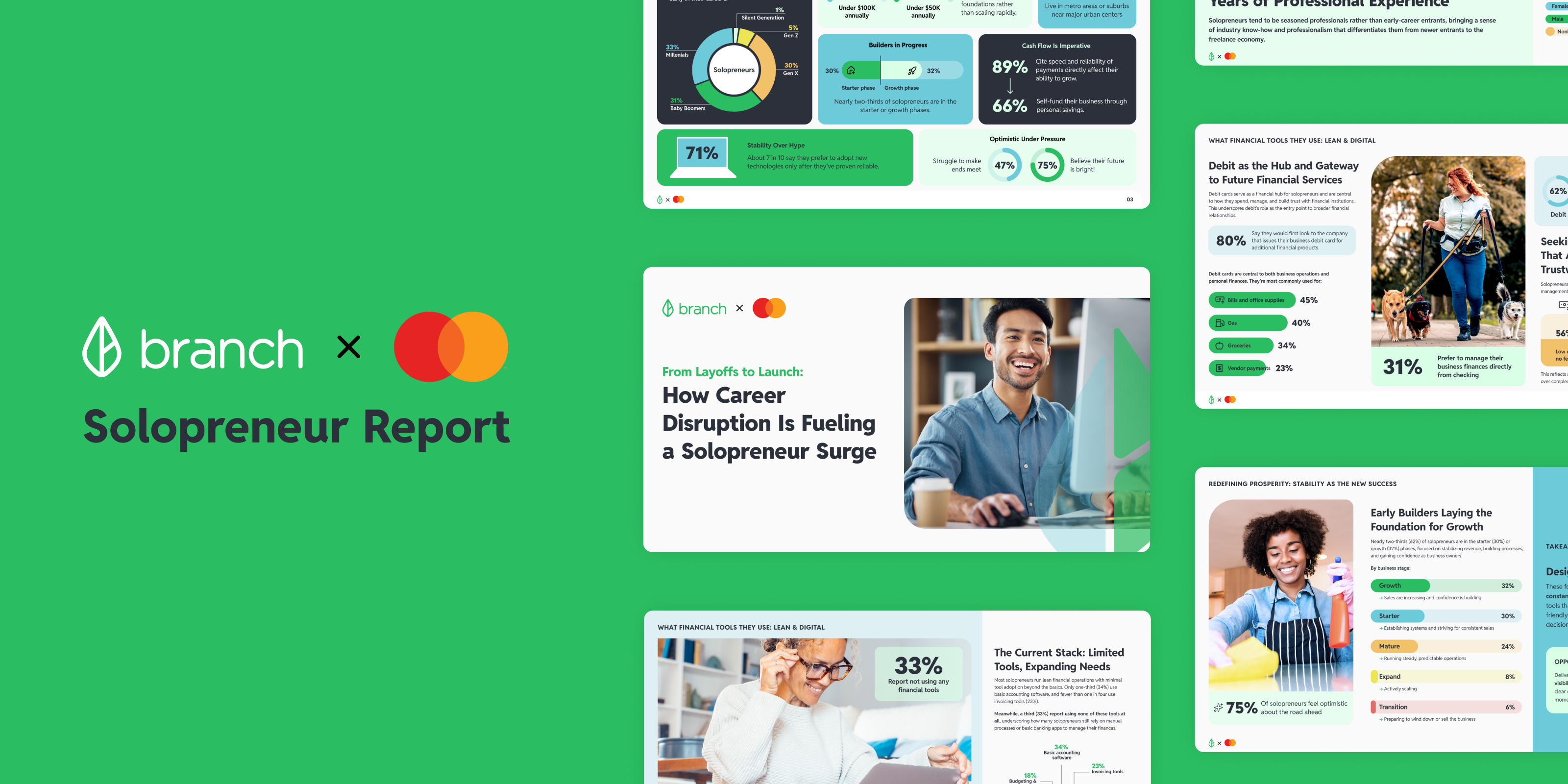
How Earned Wage Access Can Address the Time Tax
No matter how well-versed you are in the world of benefits, working within public and private programs can be extremely challenging. Whether you’re dealing with workplace-sponsored benefits such as health insurance, or government benefits such as tax refunds or unemployment, the time it takes to understand each program and receive a refund or economic assistance can be extremely challenging. Just ask anyone trying to dispute a claim with their insurance company or someone hoping to file for the child tax credit who’s stuck on hold for hours at a time.
Navigating these programs requires making phone calls, following up with people, and sifting through the fine print. It can be incredibly time-consuming to get all the information needed, make decisions, and then finally wait to receive your designated funds or economic assistance.
Writer Anne Lowrey coined this “the time tax” in her recent article in the Atlantic. Simply put, Lowrey explains that many working Americans don’t have the time to navigate this world of complex benefit programs. It’s a luxury few can afford. Because of this, many people either fail to claim their benefits or fall into financial hardship during the time it takes to receive them. As Lowrey states, “the time tax is worse for individuals who are struggling than for those who are rich.”
The impacts of financial strain on the workplace
The time-consuming nature of figuring out government benefit programs has been exacerbated even more by the backlog of Americans waiting to receive pandemic-related assistance over the past two years—COVID relief checks and child tax credits, to name a few. The financial stress of sifting through confusing information and then actually waiting to receive your benefits can wear on people—and we’ve seen it firsthand over the past two years. That financial stress can have several implications on the workplace.
For one, when people delay paying bills or have problems with their cash flow, it can lead to additional fees and debt. Secondly, that continued financial stress has been shown to put a damper on work performance. The Society for Human Resource Management (SHRM) confirms that financial stress has become the leading cause of lost productivity, unplanned absences, and lower job performance among employees. People who are worried about paying their bills and trying to avoid overdraft fees are not able to fully focus on their work. Their financial stress doesn’t just stay at home—it comes to the workplace with them.
How Earned Wage Access can help
Earned wage access (EWA) grants employees access to a portion of their earnings ahead of their scheduled payday. It was designed to help bridge the gaps in the traditional two-week pay cycle, when many people struggle to make ends meet in between paychecks. (Nearly 80% of workers live paycheck to paycheck.) Similarly to how EWA helps bridge the gap of the traditional pay cycle, it can also bridge the gap created when people are waiting to receive their benefits.
In addition to providing HR support to help people with questions about various benefit programs—and providing time off should people need to make calls or appointments to figure them out—you can also offer earned wage access to your workforce. While earned wage access can’t make benefit programs easier to navigate, it can serve as a simple benefit that employees can access immediately—making it attractive for companies and workers alike. And it helps alleviate the overarching problem of financial stress, creating happier, more productive employees with less
When considering benefits that can help your employees, programs that are immediate and help people instantly cover unexpected bills or bridge the gaps between paychecks are a smart choice.
Learn more about the benefits of EWA for your workforce & your company below:
Continue reading
Unlock a Happier, More Productive Workforce








